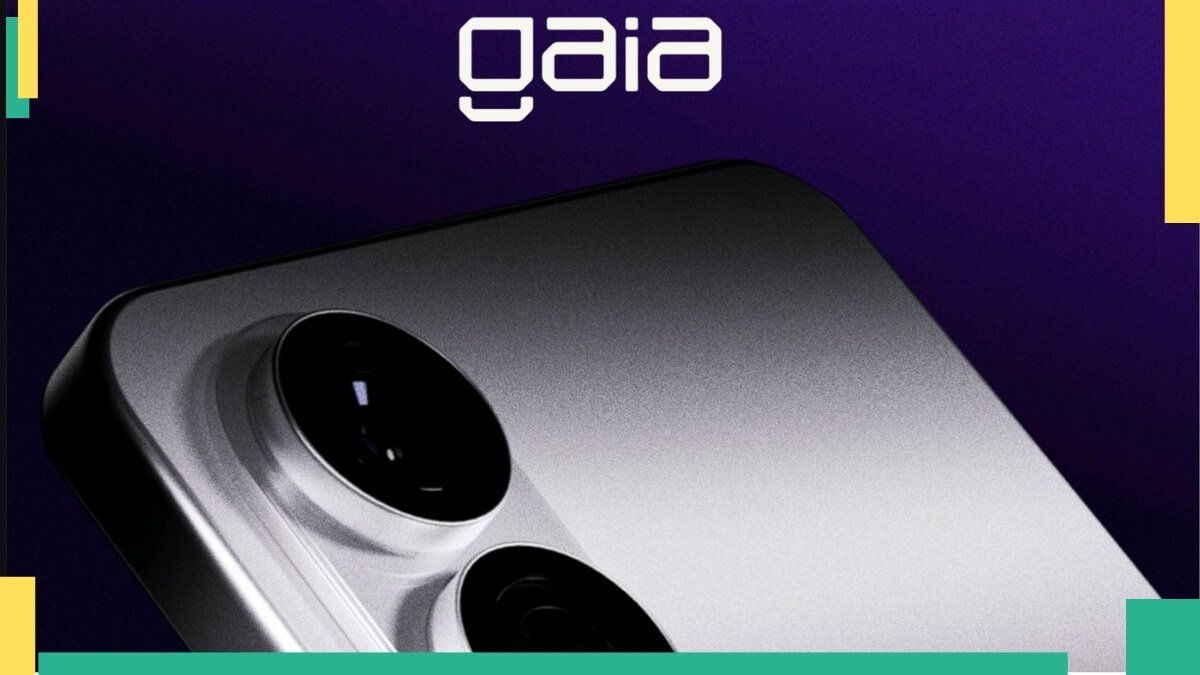- GAIA launches Edge OSS, an AI-ready infrastructure that brings private, on-device AI to smartphones.
- The platform allows mid-tier smartphone manufacturers to compete with Apple and Samsung without billion R&D budgets.
Gaia, the open-source AI Infrastructure Startup, launched Edge OSS, a platform ready for production designed to bring private, on-device intelligence to smartphones. Exit, according to GAIS, will be important for mid-tier smartphone manufacturers aimed at delivering advanced AI features without relying on ownership of cloud systems or multi-billion-dollar R&D investments.
A push for the sovereignty of AI
Established in 2024, Gaia The positions themselves as a decentralized alternative to AI centralized services. Its mission centers in responding to three pressures of concerns: privacy risks, lack of transparency, and censorship weakness.
By distributing inference workloads on a network of computing node edges, the project aims to make AI safer, resistant to censorship, and user-owned.
Edge OSS builds on this foundation by offering device makers a complete infrastructure stack.
Unlike traditional AI offerings that operate on app -level integration or cloud -oppressed, Gaia introduces system level coordination, enabling intelligence to operate with entire applications, hardware, and user contexts.
This design ensures real-time performance while embedding the compliance of regulation and sovereignty of data default.
The alternative without clouds
AI on smartphones is moving quickly from a luxury feature to a consumer expectation. According to market analysts, nearly 70% of smartphones will require AI’s capabilities by 2028, while the AI market side is expected to surpass $ 66 billion by 2030. However, a number of global players – Apple, Samsung, and Huawei – can cope with the massive budget needed to develop a proprietary infrastructure.
“Edge OSS provides sovereignty of production ready from the pilot to the platform in the months, not years,” says Shashank Sripada, Co-Founder of Gaia and COO.
He noted the advantage of operating for manufacturers: the ability to measure wise features along the way -millions of devices without building costly cloud infrastructure.
It is a level of playing play for mid-tier vendors that collectively send over 800 million smartphones annually. However, they lack resources to match the $ 25 billion-plus annual R&D expenditure of tech-apple and Samsung giant.
Friendly and regulation-ready
The platforms send a CLI, SDK, and trial plot, tools designed to speed up the development of AI while remains compliant with global policies such as EU AI Act, GDPR, and China’s localization mandates.
Openii -compatible Openai interfaces simplify integration with existing models, while GAIA’s MCP protoc is standard communication between agents, services, and hardware.
This method gives developers to develop AI services that are composable, local, and resilient, reducing hope for centralized players.
By ensuring the data does not leave the device, Edge OSS also determines concerns over misuse and monitoring. These issues are further evaluated by regulators around the world.
Gaia’s fund and early momentum
Gaia’s growth has been noticeable since it started. During its test phase, the network activates more than 1,000 edge nodes, showing early technical flexibility.
In May 2024, Gaia raised $ 10 million In a Seed funding Round from EVM Capital, Mirana Ventures, Mantle Ecofund, Generative Ventures’ Lex Sokolin, and Republic Capital’s Brian Johnson.
In July 2025, Gaia raised $ 10 million Funding series Round led by byteTrade/Sig Capital (Susquehanna) and Mirana/Mantle Eco Fund. Series A Round also witnessed participation from outlier ventures, NGC ventures, bitgo, Selini capital, presto, stake capital, factblock, G20, amber, cogitent ventures, paper ventures, moonpay, spidercrypto, consensiss mesh, and more.
Starting draws attention as part of a new wave of decentralized AI infrastructure providers competing with cloud-heavy incumbents such as Openai, Anthropic, and Google Deepmind.
The project’s ambition is to create a “Living Knowledge Network” Where AI agents continue to learn and change, enabling applications from education to education to algorithm trading. Users can also deploy AI “Digital Twins” to replicate their professional expertise, expanding the ecosystem utility beyond consumer devices.
Earlier this month, GAIA LABS also launched a limited pre-sale of GAIA AI phoneIts first smartphone. The device operates AI and privacy tools directly to the hardware, which offers user control over data and identity. Price in US $ 1,399 for this launch, the edition was confined to 7,000 units and intended as a controlled demonstration to prove Gaia’s decentralized architecture before scale.
The bigger picture of the industry
The Ai smartphone breed intensified. Apple features AI on iOS, Samsung’s Galaxy Ai Suite, and Google’s Gemini integration set a bar for premium devices. But these advances are mostly clouds that rely and are limited to companies with deep control of ownership.
GAIA’S EDGE OSS offers an alternative path: One where AI is built on devices directly and owned by users, not servers. If adopted extensively, AI’s decentralized platforms can recharge the economy of making a smartphone by providing smaller player tools to compete with intelligence than just the price.
With the Ai adoption, Gaia’s Edge OSS may appear as a strategic enabler for manufacturers who have been squeezed between increasing consumer expectations and infrastructure cost prohibitions.
Gaia aims to build a stack of AI sovereignty
Beyond mobile, Gaia aims to develop a comprehensive stack of sovereignty for post-cloud internet.
GAIA is aligned with its web3 platform. By supporting decentralized identity systems, the unreliable coordination between devices, and AI-owned AI-owned AIs, the positions of Edge Oss itself as a bridge between AI sovereignty and the basic web3 values of autonomy and transparency.
According to a statement issued on Wednesday, GAIA is already working in partnerships throughout the decentralized storage, identity, and recognition providers.
Also Read: Web3 Studio Moku is pushing AI Entertainment with a $ 1M prize pool for ‘Grand Arena’
Denial: The information provided to Alexablockchain is for information purposes only and does not generate financial advice. Read the complete decline here.
